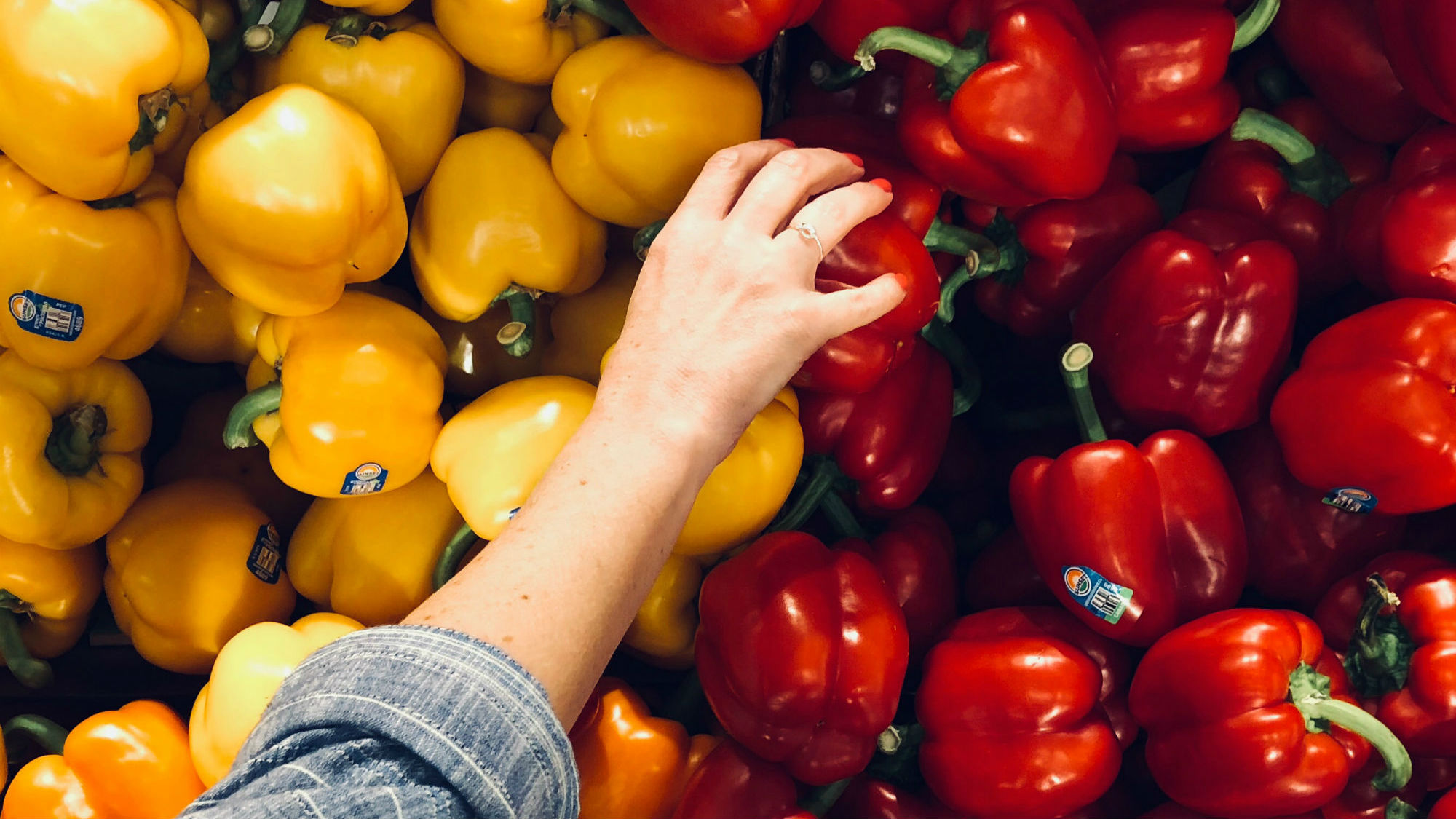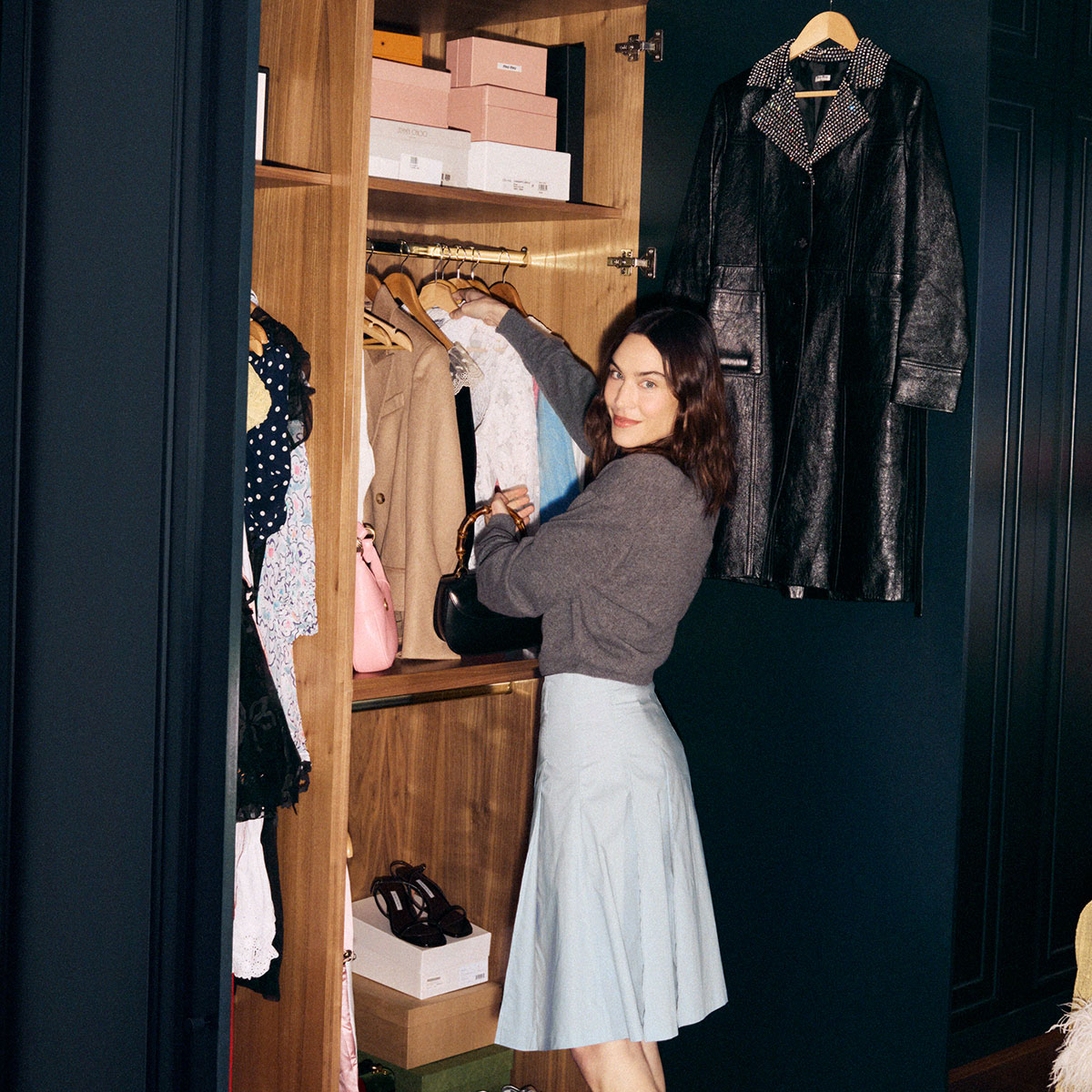Supermarkets are still failing the vulnerable with home deliveries
Restrictions may be easing for the rest of society, but the at-risk continue to suffer, says shielding transplant survivor Pippa Kent

Restrictions may be easing for the rest of society, but the at-risk continue to suffer, says shielding transplant survivor Pippa Kent
Ten weeks ago, over 1.5 million of the most medically vulnerable people across the UK were asked to shield to protect themselves from Covid-19. Overnight, we were forced to rely on others and deliveries from supermarkets to ensure that we could stay home and stay safe.
The assumption that this shielded group is either old or visibly disabled is wrong. I have fought hard for my independence since having a double lung transplant in 2017, and so being told to sit tight and rely on others when I'm only 30 wasn’t something that came naturally to me. This is a sentiment mirrored by many I have spoken to.
Even before the government issued a lockdown on March 23, food shops became a national focus. People initially panic bought: flour and pasta were like gold dust and there was a sudden, and huge, hike in the demand for online food deliveries.
Supermarkets very publicly put out statements highlighting the support they were offering. While they seemed to suggest they had it covered, easing the general public’s concern, many within this shielded group would soon discover quite a different story.
I ran a poll on social media asking whether people would give up their online shopping slots to ensure the most vulnerable were being served. Encouragingly, 92 per cent said they would - but in reality there were simply not enough slots reserved for us by the stores. And those who were able to secure a slot often found the supermarkets unable to unable to deliver weekly or reliable shops.
They were confronted with issues including being limited to a set number of items, regardless of how many that shop is going to feed, and shops arriving with large numbers of the basics missing and no substitutes. Last week I received a shop with over 40 items missing: no milk, eggs, meat or explanation.
Marie Claire Newsletter
Celebrity news, beauty, fashion advice, and fascinating features, delivered straight to your inbox!
Different stores, different support
Supermarkets have all varied in their approach to support. Waitrose limited deliveries to existing customers while Ocado seemingly supported only those who had spent above a cash threshold with them.
More positively, other stores were more proactive in offering support. Iceland, for example, has increased their deliveries by 400,000 per week and many received emails from ASDA offering free reserved weekly spots.
Of course, there is no denying the logistical challenge for these supermarkets, but I have spoken to the extremely vulnerable and the key frustration isn’t the fact they are unable to get a supermarket delivery slot (although this is still a big issue). It is that effort to engage, understand the situation and communicate with this group has been so poor.

Initially, many of the supermarkets switched off phone lines. When they switched back on I clocked up hours trying to get through without any joy. One individual told me they had rung fifty plus times on one day, being navigated through several options before being hung up on every time. People attempting to engage via email have repeatedly received the same frustrating generic messages in response to their requests for clarification.
Short term solutions
Meanwhile the supermarkets seemingly continued to highlight how well they were doing to serve this group.
Having reached out to the supermarkets for their responses in relation to online deliveries, the worst offenders made the point that their online slots have increased. Well yes, that's true, but these have not always been made available for the vulnerable. They also suggest that individuals in this group should be relying on friends and neighbours for shopping. I live with my husband in London, but I have spoken to others who are isolating alone and do not have friends and family close by the help them during this difficult time. Plus, this short-term solution suggests a general lack of desire to take responsibility for the failings and those left unsupported.
As the rest of the country slowly starts to feel the easing of society's restrictions, there no date for change for the extremely vulnerable. Many are still struggling to get access to the food they need and yet public perception from those not directly impacted is a far cry from this. They seemingly see a success story.
Supermarkets are moving into recovery mode with the rest of the nation and leaving those shielding behind, still very much vulnerable and worried by what might happen, or not happen, next. We need to know we aren't being forgotten.
Keep up to date with Pippa's charity challenges on her Instagram @nowwhatcanieat
Olivia – who rebranded as Liv a few years ago – is a freelance digital writer at Marie Claire UK. She recently swapped guaranteed sunshine and a tax-free salary in Dubai for London’s constant cloud and overpriced public transport. During her time in the Middle East, Olivia worked for international titles including Cosmopolitan, HELLO! and Grazia. She transitioned from celebrity weekly magazine new! in London, where she worked as the publication’s Fitness & Food editor. Unsurprisingly, she likes fitness and food, and also enjoys hoarding beauty products and recycling.
-
 Ties are the unexpected cool-girl accessory to invest in this season
Ties are the unexpected cool-girl accessory to invest in this seasonSchool is in session
By Sofia Piza
-
 This is not a drill: you can now shop Alexa Chung's actual wardrobe on Vinted
This is not a drill: you can now shop Alexa Chung's actual wardrobe on VintedOwn a piece of sartorial history
By Penny Goldstone
-
 New Look’s spring collection has dropped—as a picky fashion editor, I’m seriously impressed
New Look’s spring collection has dropped—as a picky fashion editor, I’m seriously impressedSpring trends at affordable prices
By Jazzria Harris